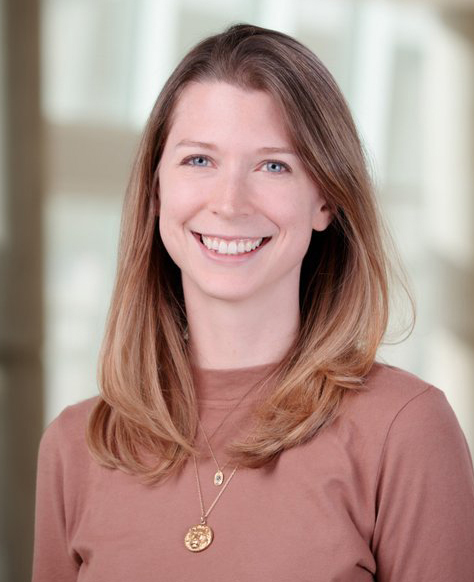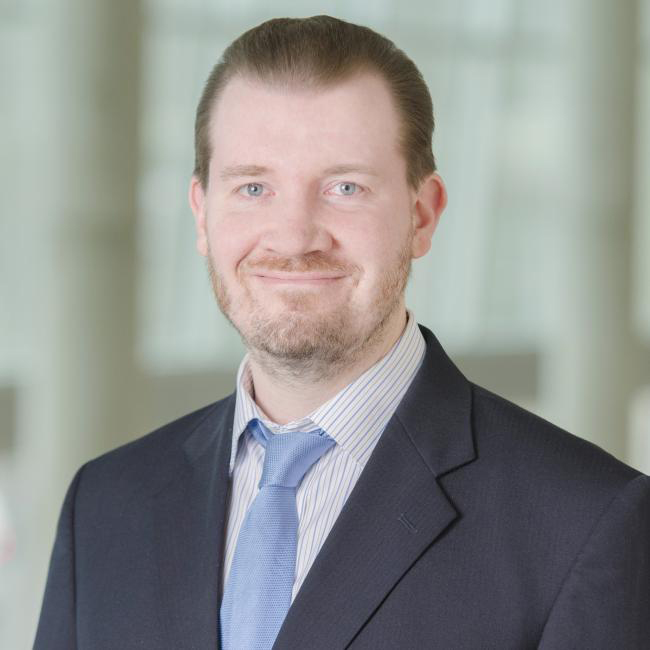The Department of Psychiatry’s Anxiety Subspecialty Treatment (AnxST) clinic has seen significant growth in the last six years, and its work has now been recognized at a national conference.
In 2018, Lauren Edwards, MD, and Justin Weeks, PhD, started the AnxST clinic to help patients and create an environment of learning. Dr. Edwards said there was a dearth of behavioral health treatment centers that provided cognitive behavioral therapy for anxiety disorders, and even fewer with coordination of care with psychiatrists.

“We’re trying to build new opportunities to get people access to treatment, so offering group therapies and the intensive outpatient program for OCD is a great example of that,” Dr. Edwards said.
In 2022, the clinic added an Intensive Outpatient Program for people with obsessive-compulsive disorders (OCD). OCD can be a highly debilitating disorder that involves a pattern of unwanted thoughts fears and obsessions that lead you to do something over and over again in an attempt to relieve obsessions or compulsions. These obsessions and compulsions interfere with daily activities and cause significant distress. Dr. Edwards said, fortunately, research has shown that doctors and therapists can treat OCD very effectively, and also quickly.
Typical exposure and response prevention (ERP), the gold standard treatment for OCD, is done on a weekly-to-bi-weekly basis for 16 weeks. The IOP seeks to offer patients symptom relief at a faster pace. IOP treatment consists of roughly three back-to-back treatment hours per day, followed by daily homework for three days per week. Patients will receive a personalized treatment plan and a coordinated team of up to eight therapists working with them each week. Services will be offered both in person and via telehealth under certain conditions.

Dr. Edwards said each one of the therapists on the team play a major role in the AnxST clinic.
“Everyone is so integral to what we are doing,” she said. “The therapists each do 1-2 hours of IOP a week and added together creates a greater therapeutic experience than any one could do alone. We have built this intensive program collectively. Everyone is critical. Each therapist has a little bit of a different approach, and they offer something unique to each patient within the structure of ERP, which I believe is a great asset to patients.”
In April 2024, Dr. Edwards chaired a symposium at the Anxiety and Depression Association of America conference in Boston that presented this unique model of IOP for OCD to a national audience. She said she was honored to discuss the fantastic work the clinic is doing at a conference she has been attending since 2016.
“Our novel and effective way of offering an IOP for OCD patients generated a lot of buzz and excitement,” Dr. Edwards said. “It is a testament to Dr. Weeks’ psychotherapy leadership and the efforts of each of our clinicians in the treatment based IOP model.”
AnxST specialists
From the psychiatry department:
Meagan Kankovsky, LICSW
Christine Hoffman, LIMHP, LICSW
Karin Humenick-Cullen, LIMHP, LPC
Olivia Ochuba, MD, Department of Psychiatry resident
From the psychology department:
Justin Weeks, PhD, program lead
Joseph Poler, PsyD
Tessa Holscher, PsyD